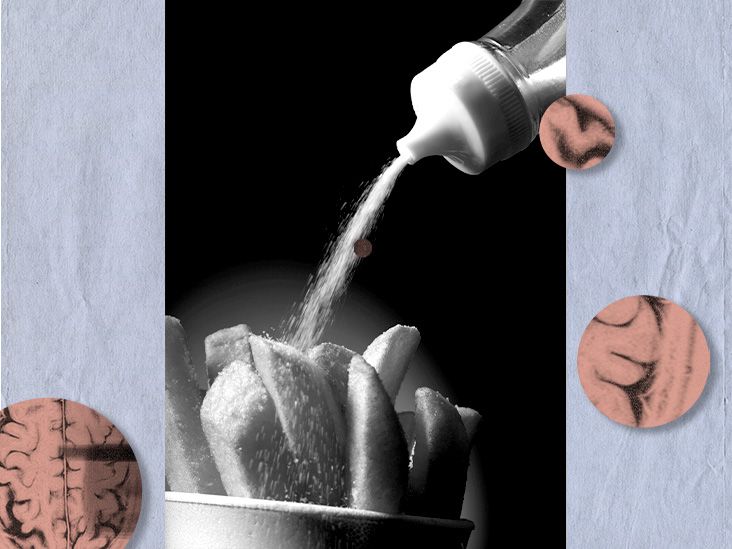Lewy body dementia (LBD) is a progressive condition that typically involves a faster decline in cognitive (thinking) skills than Alzheimer’s disease. It may also have a less favorable outlook, but outlook and progression vary from person to person.
In a 2022 longitudinal study, people with LBD experienced an average annual decline of 2.1 points on the mini-mental state evaluation (MMSE), which measures biological markers of cognition.
Another 2021 study suggests that healthcare professionals may be able to use the MMSE to measure progression in people with LBD over a shorter period of 6 months.
According to the
This typical unfavorable outlook
There are no clearly defined stages for LBD, but people
- Early stages: The early stage may occur before a diagnosis. Symptoms may be mild, and people may not experience disruptions to their daily functioning.
- During progression: Individuals may experience declines in areas such as thinking and memory. They typically start to need more assistance as symptoms progress.
- Later stages: Those with LBD in the later stages may be entirely dependent on others.
Changing or new symptoms may indicate that LBD is progressing.
- memory difficulties
- mood changes
- confusion
- movement symptoms, including:
- sleep disorders
- depression and anxiety
- paranoia and delusions
However, symptoms and progression of LBD vary from person to person. Some people may experience the above symptoms earlier in the course of their condition, while others may not experience some symptoms at all.
There is currently no cure for LBD. However, treatment can help slow the condition’s progression, sometimes by as much as several years.
If caregivers or people with LBD notice a change in the person’s symptoms, it may be beneficial to speak with a doctor. A healthcare professional can adjust the person’s treatment plan and help them manage the new symptoms.

